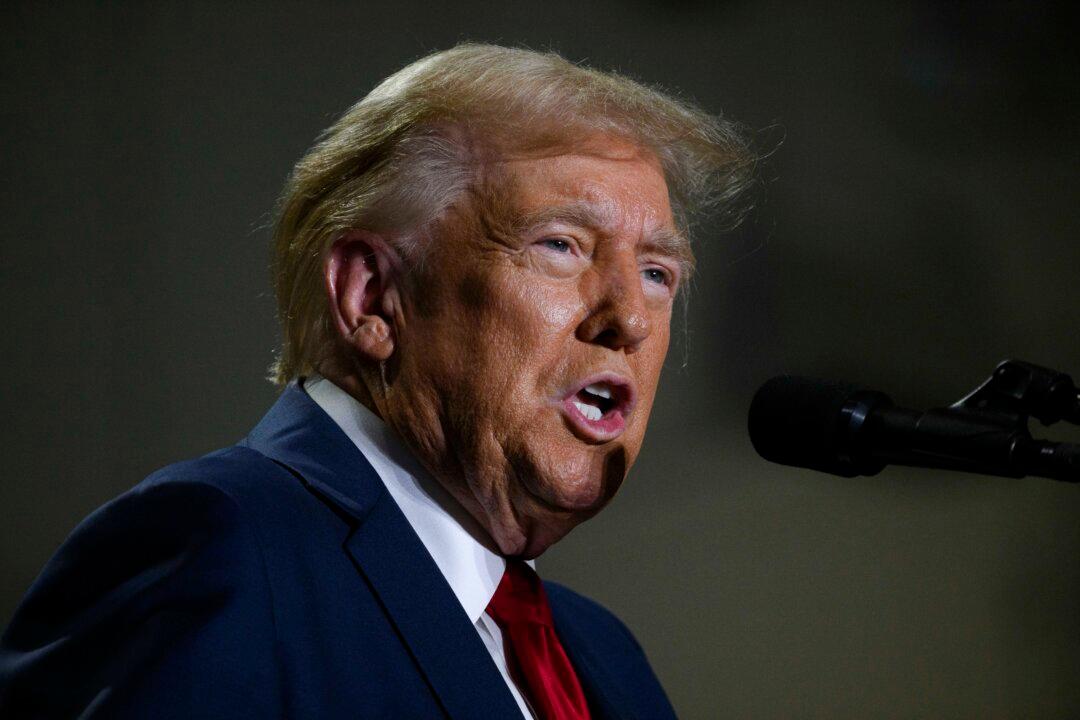Former President Donald Trump said on Oct. 1 that he would veto a national abortion ban if it came to his desk during a potential second term, should he be reelected in the November election.
Trump made the remarks following the vice presidential debate between his running mate, Sen. JD Vance (R-Ohio), and Minnesota Gov. Tim Walz, during which the abortion ban issue was discussed.





